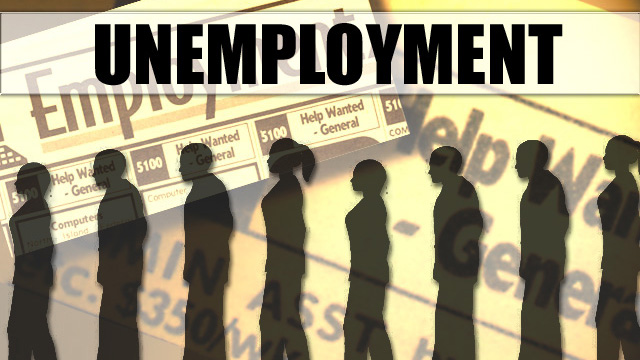Patriotic Millionaires

Generally, I don’t like it when people tell you they’re patriotic. It takes more than proclaiming your patriotism to be a real patriot. But a new group calling itself Patriotic Millionaires for Fiscal Strength can make a real claim to be patriotic in one sense: they actually think they should be doing more to help their country.
Joe Conason reports that in an open letter to President Obama, the forty-four wealthy signatories—including well-known hedge fund manager Michael Steinhardt, superstar trial lawyer Guy Saperstein, the musician Moby, and Ben & Jerry’s Ben Cohen—asked Obama to let tax cuts on incomes over a $1,000,000 to expire as scheduled at the end of the year. The letter points out that out that as a group the wealthy have done very well over the last several years, and that tax rates on the rich are historically low. It argues that they don’t need a tax break and ought to do their fair share to pay down the deficit. Allowing the tax cuts on the rich to expire won’t by itself solve our deficit problem, but could save $700 billion over the next ten years.
The group is right, in my opinion, to say we can’t afford to extend the Bush tax cuts. There’s some argument for temporarily extending the tax cuts for people who earn less as a way of stimulating the economy, since we’re going to have to at least partly grow our way out of the deficit. But there is little reason to believe that keeping taxes low for the rich will do much to stimulate the economy. As billionaire investor Warren Buffet—who isn’t part of the group but has also called for the rich to pay more in taxes—puts it,
People at the high end, people like myself, should be paying a lot more in taxes. We have it better than we’ve ever had it. The rich are always going to say that, you know. “Just give us more money, and we’ll go out and spend more, and then it will all trickle down to the rest of you.” But that has not worked the last 10 years, and I hope the American public is catching on.
The group is also right to point out that the wealthy have done well and can afford to pay higher taxes. As Timothy Noah explained in his series on income inequality in the U.S., between 1980 and 2005, 80% of the nation’s growth went to just 1% of Americans—went, basically, to those Americans who make more than $1,000,000 a year. As much credit as the rich deserve for the money they make, they also owe a debt to the government that makes America such a fantastic place to do business. If you doubt that it requires government to enforce contracts and create a stable marketplace for people, you are welcome to try moving your business to Somalia.
But I don’t make a million dollars a year, and it’s easy for me to spend other people’s money. The larger point, which I have tried to make before, is that government isn’t free. I am not suggesting we return to a top marginal tax rate of 91%—for comparison the top rate now is just 35%—but decades of politicians promising to provide government for free have made us think that we can go on like this indefinitely. When we entered WWII, FDR called on Americans to contribute more in taxes to fund the war effort. Sixty years later, George W. Bush not only didn’t ask us to pay for the two wars he said were necessary, but he continued his plan to lower our taxes. So it’s no mystery why the Clinton surplus disappeared so quickly. Nor are we going to meaningfully reduce the deficit by eliminating earmarks or cutting off NPR’s funding. If we want to keep our strong military and provide health care for the elderly, we’re going to have to make sacrifices. It’s the responsible, patriotic thing to do.





